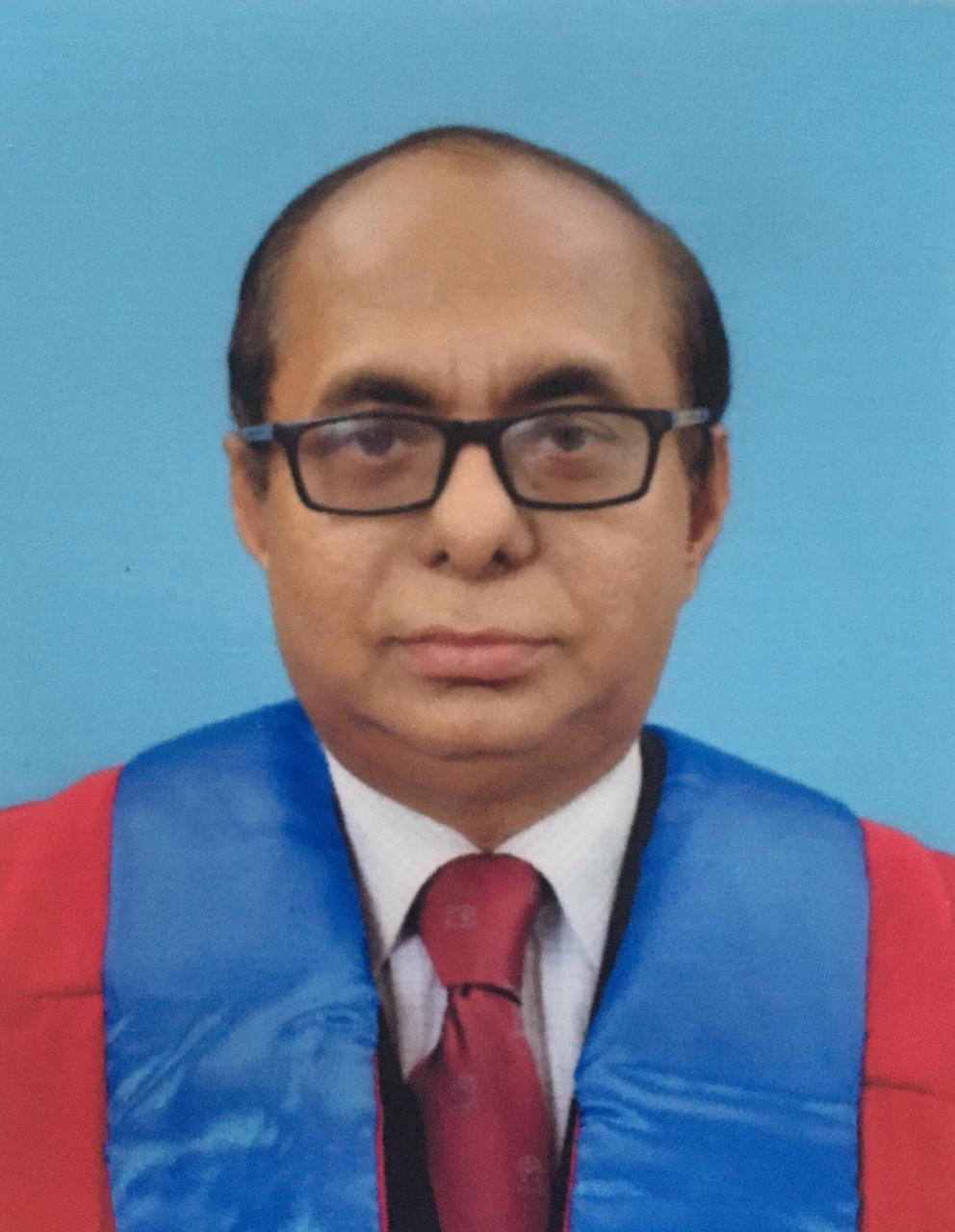
Professor K D Pathirana, MBBS (Peradeniya), MD (Colombo), FCCP ( SL)
Professor K.D. Pathirana is a senior neurologist with extensive experience in the field of neurology, neurophysiology and medical education. He graduated from the University of Peradeniya with second class honors and completed his MD from the Postgraduate Institute of Medicine, University of Colombo. He pursued further training in neurology at the Institute of Neurology, National Hospital of Sri Lanka, under DR. J B Peiris, and at the Southampton General Hospital, United Kingdom.
With his board certification, in 1995, Professor Pathirana played a pivotal role in reactivating and developing the Neurology Unit at Teaching Hospital Kurunegala, where he worked as a specialist for three years. Since 1999, he has served as senior lecturer, professor and a senior professor at the Department of Medicine, Faculty of Medicine, University of Ruhuna, Galle, and currently holds the position of Senior Professor. He contributes his clinical expertise to the University Medical Unit, Teaching Hospital Galle as a Neurologist.
In addition to his teaching commitments, Professor Pathirana has served in various leadership roles within the Faculty of Medicine, University of Ruhuna as clinical coordinator, Head of Department of Medicine, Information Technology Unit and Medical Education Unit as well as chairperson and member of many committees.
He has also received training in Teaching in Higher Education and holds accreditations from the University of Colombo and SEDA (UK) in Teaching in Higher Education. He was conferred with the FCCP from the Ceylon College of Physicians in 2008. Professor Pathirana has a diverse range of research interests, including neurotoxicology, neurophysiology, stroke, epilepsy, aphasia, neurorehabilitation, and cognitive dysfunction. He has published extensively and presented his work at national and international conferences. He has received recognition for his research, including a presidential award and merit rewards.
Beyond his academic and research pursuits, Professor Pathirana has served as the President of the Galle Medical Association in 2008 and the Association of Sri Lankan Neurologists in 2013.
His recent collaborations with Dr Noeline Prins, Senior Lecturer in Biomedical engineering in brain-computer interface for stroke rehabilitation highlight his commitment to innovative approaches in patient care.
Aphasia is a language disorder that affects the ability to understand and express verbal or written language. Typically, the speech area is located in the left hemisphere of the brain in right-handed individuals and about 80% of left-handed individuals.
We encountered a unique case of a left-handed female who experienced a cerebral infarct in the right hemisphere, resulting in complete expressive aphasia following a Russell’s Viper bite. Interestingly, she was still able to sing when we prompted. She could not write, although she could copy words written by others perfectly. This case inspired us to further study cognitive functions and explore the use of singing as a potential intervention for improving aphasia, as suggested by a senior consultant. This led to the development of various studies and interventions aimed at enhancing the quality of life for patients with aphasia.
To assess the prevalence of aphasia in stroke patients, a group of healthcare professionals, including nursing teachers, speech and language therapists, linguistic experts, neurologists, and bilingual non-health professionals, validated the Sinhala version of the Mississippi Aphasia Screening Test (MAST).
Using the validated MAST scale, we found that approximately 32% of stroke victims had some form of aphasia, with 16% experiencing global aphasia, 13.5% having pure expressive aphasia, and 2.3% having pure receptive aphasia in a cohort of 257 patients.
Using the Sinhala version of World Health Organization’s Stroke-Aphasia Quality of Life (SAQOL 39 BREF)which was validated in a similar manner to validation of MAST, we assessed the quality of life of patients with aphasia compared to those without. We found that patients with aphasia had significantly lower overall quality of life scores, as well as lower scores in the physical, communication, and psychological subdomains.
The type of stroke (whether it is infarct or haemorrhage), side of the lesion, Barthel index, and MAST score were all significantly different between the two groups as expected, with age showing a negative correlation with quality of life. Factors such as male sex, marital status, higher education level, higher income, self-employment, and retired status were associated with higher quality of life scores indicating the importance of attending to language rehabilitation in these patients.
One of the main obstacles to proper rehabilitation for these patients is the lack of an adequate number of language therapists. Therefore, we propose exploring the potential of developing an app for speech therapy that can be tailored to local languages to address this issue. Additionally, we have successfully used brain-computer interface technology for motor rehabilitation in stroke survivors and aim to apply this approach to aphasic patients, although it presents more complexities. With the collaboration of experts in a wide variety of different fields, we are determined to realize this vision of rehabilitating patients with aphasia, which was initially inspired by the forward-thinking ideas of Dr J.B. Peiris.
ASNAC 2024 will be held through 1-4 March at Cinnamon Grand, Colombo, Sri Lanka.
© 2024 Association of Sri Lankan Neurologists. All rights reserved. | Designed and Developed by Pentacove